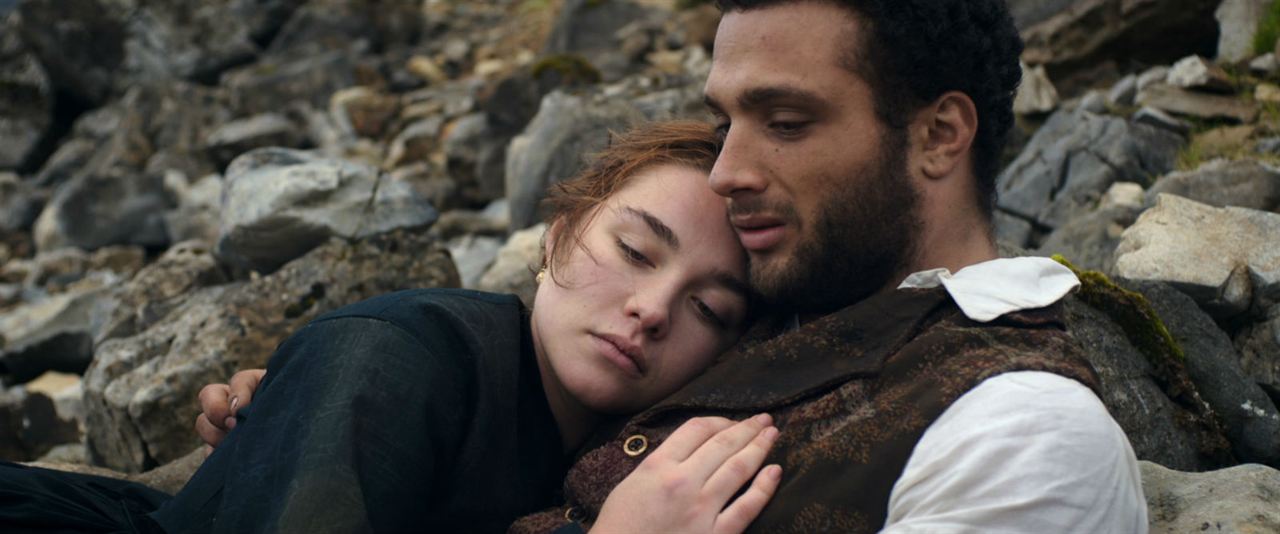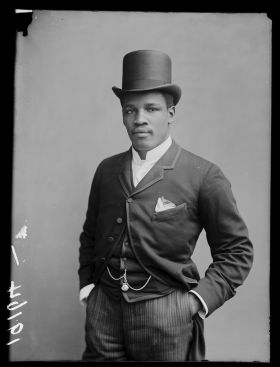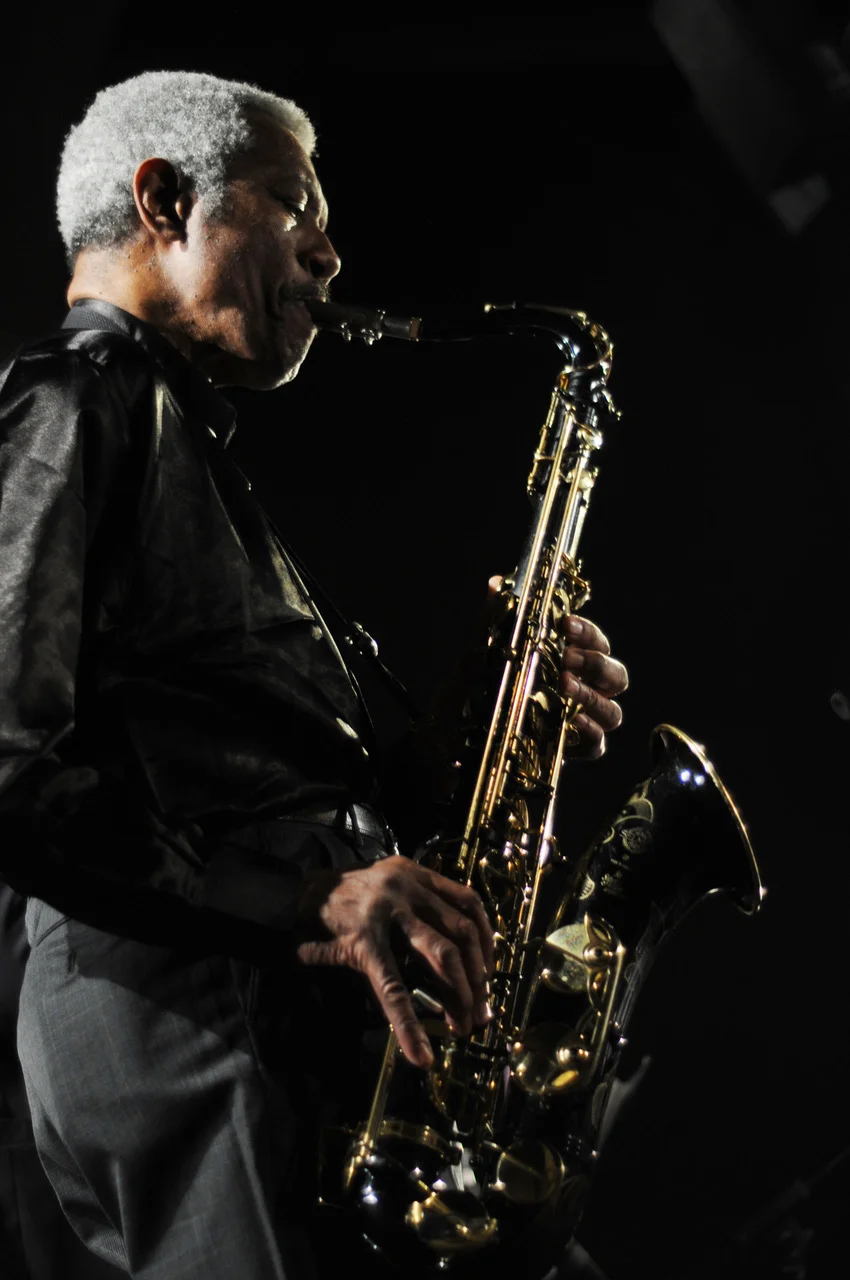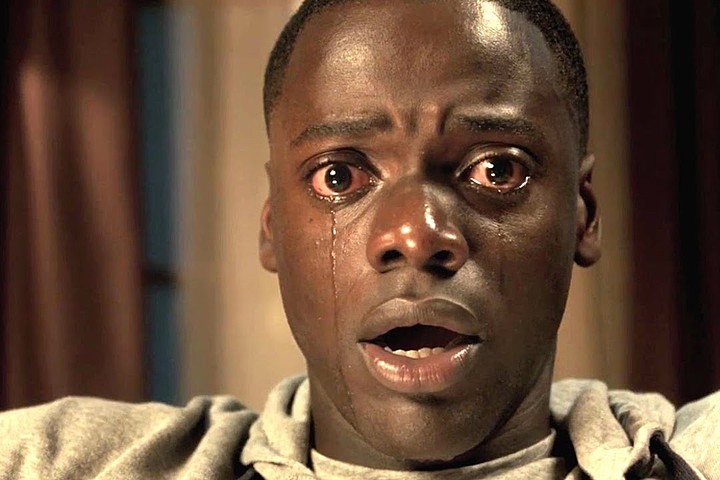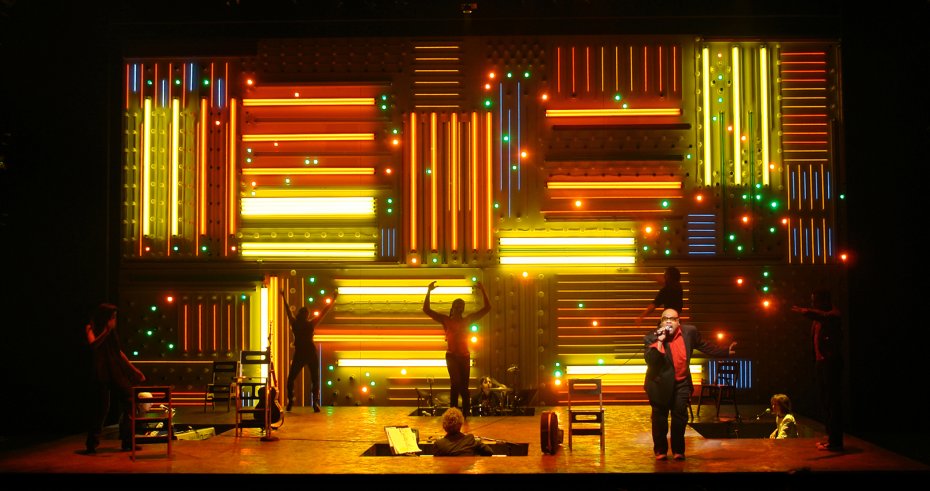Lady Macbeth
Lady Macbeth is a Black film. They won’t tell you that. Maybe they thought you knew. Perhaps they thought you’d find out once it was out.
But you don’t know do you? I certainly didn’t. The posters and ads didn’t give much away. I didn’t want to go see a period film, even if it had been based on Shakespeare’s play – the movie is in fact an adaption of a 1865 Russian novel: Lady Macbeth of the Mtsensk District, which was operatically co-opted by Shostakovich.
But I was offered a ticket and a chance for a romantic date and so, off I went.
The Castle Cinema in Clapton where we attended is worth noting here. A brilliantly remodelled and once neglected 1913 picture house, it is the nicest theatre experience I have had in England.
However I had no idea whatsoever that I was stepping into a Black British film experience.
The film takes place in the Victorian era in the northeast of England, with heady threats of barely contained passion that are strongly reminiscent of Wuthering Heights.
Billy Shakespeare’s Lady Macbeth was not a sympathetic character, her bloodspilling ambition helping unleash a torrent of destruction. And director William Olroyd and writer Alice Birch’s leading lady is puzzling as well.
The unique pieces of her puzzle are largely people of color. This in itself is extraordinary. Throughout the retelling of Europe’s history, people of color are often completely left out, despite contrary documental evidence.
But not so in this film. There we are in all our British Blackness.
The story is set inland away from the ports. It is likely that people were more sympathetic and supportive to the humanity of Africans away from the dock cities of Liverpool and Bristol, where merchants had a vested interest in the slave trade.
This is not a film about the slave trade. This is the story of the deleted Black European. Here we appear, not as slaves or beggars, but as members of the working class, skilled servants and the pompous aristocratic elite themselves.
Black Europeans some may ask!!? Yes, we participated in every aspect of the developing industrial culture of Great Britain.
The celebrated Black Chronicles show at Rivington Place showed us this, by exhibiting enlarged cartes de visite of Black British and Indian Victorians in all their highly respectable glory.
A carte de visite image from the Black Chronicles exhibition at Rivington Place
The film itself stands up beautifully on its own without this revelation of a Black English heritage. It is a movie of aesthetic genius which works within the framework of feminist reclamation of male territory and a psychological exploration of dominance and empowerment.
Lady Macbeth delves deep into the sinister side of romantic passion, and asks us to suspend our preconceived assumptions and values for 1 1/2 hours and risk the recalibration of a few of our fundamental belief systems.
As a date movie it made fascinating but edgy viewing. But it’s a must-see for those who are listening for the true voice of Black Britannia’s rising spiritual past.

